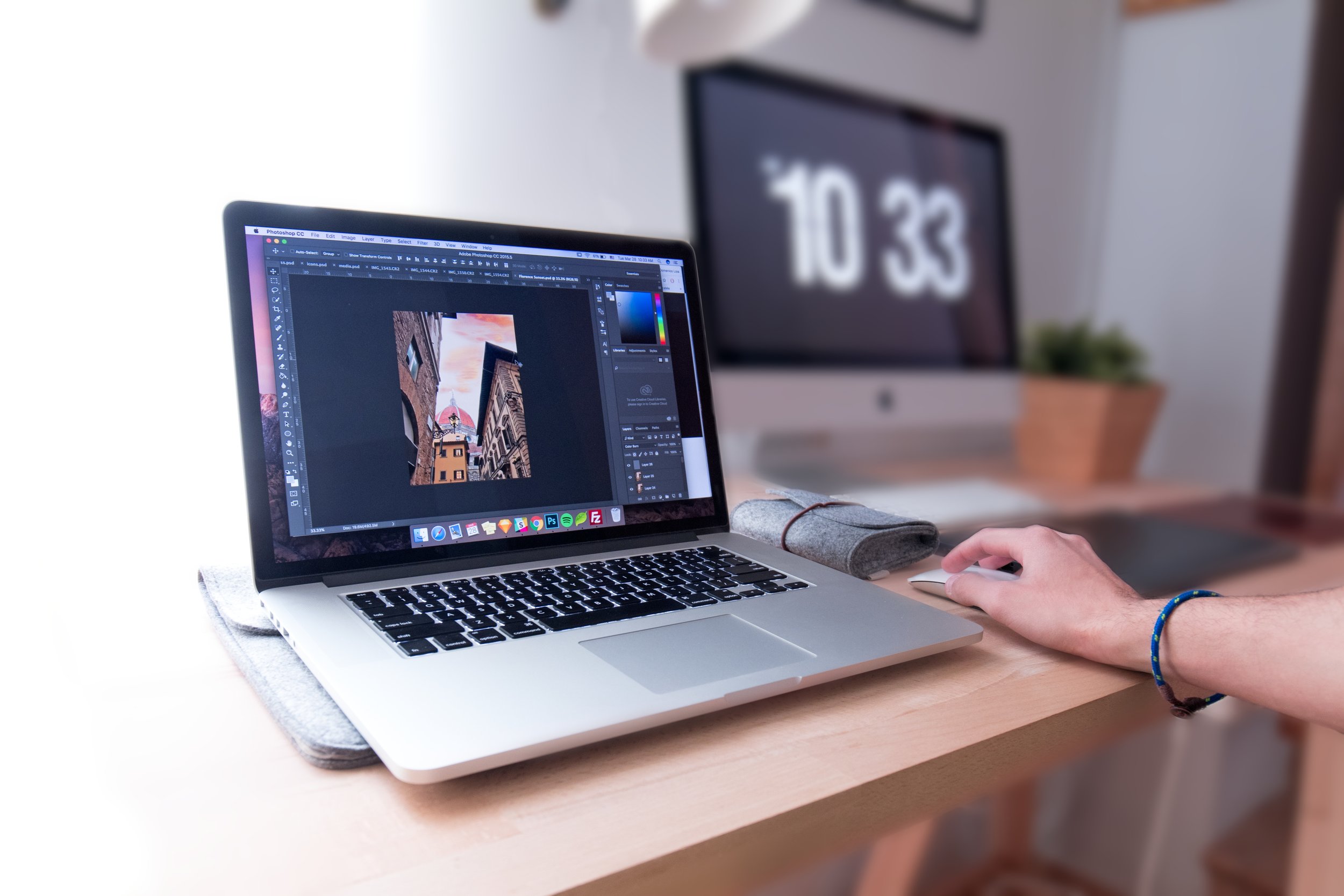It is a sneaky, creepy and seeming inescapable thing – the screen!
It feels like they are coming for us at times and they will catch you in places you may not even be aware of…but they are there…shopping centres, at the petrol bowser, driving down the freeway and even on the bus…in the hands of nearly everyone you see…screens, it seems, are everywhere.
We could joke and say this sounds a little ‘zombie apocalypse’, and our over exposure dulls our sensitivity to the damaging facts, but really the issue of screen time is no laughing matter.
Let’s quickly look at the negative impact of screens and what is communicated through them:
A child under 5 years who watches 3 hours of TV a day is 30% more likely to have attentional problems than a child who watches no TV (Medina, 2014).
In very small children, from two to six years old, exposure to screens impacts brain development, particularly: attention; language and the ability to engage in imaginative play (Kauffman, 2012). Think of your TV, phone, computer or tablet as a thief of imagination.
Just under half of all Australian children and young people (2–17 years) had at least one type of screen-based item (e.g. TV, computer, or game console) in their bedroom. For the teens this was associated with them spending many extra hours per week watching/playing screen-based media compared with those who did not have any such item in their bedroom (ABS, 2013).
The bright light of a screen can put off production of melatonin, what we need to become drowsy and drift off to sleep, by up to two hours (Sutherland, 2013).
Kids with their own TVs in their rooms score lower on math and language-arts tests than kids in households with TVs in the family room (Medina, 2014).
The mental, social and physical health impact of spending more time looking at screens could include social isolation, depression and anxiety (Houghton et al. 2015).
A study conducted in the UK reveals that for each additional hour of TV watched on weekends at age 5, the risk of adult obesity increased by 7% (Viner & Cole 2005).
Deferred-imitation abilities, loss of impulse control, and decrease in attention (as a result of excessive screen time) impacts a child’s ability to focus, to read and acquire language, and can lead to increased expression of aggression and bullying behaviour with peers (Medina, 2014).
Sadly TV has led to less volume and quality of human interaction (Gold, 2014).
So, how do we turn it off, and turn it all around…
Imagine you were given a whole two months of this year to do whatever you dreamed of? What? Wow!
You can give that gift to yourself and your Family simply by cutting back on ‘sedentary’ leisure. Astoundingly the average Aussie adult spends about 4 hours per day sitting, much of that time on screens or watching TV (ABS, 2015). That is a whopping 60 days a year grown-ups! What could the time be better spent on?
Creative play – build a cubby house or set up a tent and play in it with your kids.
Learn an instrument or new language WITH your children as you…
Plan a holiday together…you don’t need to go to Italy…you could go to Bali, but learn some real Bahasa before you go (it could make your annual trip much more special)
Put some old music on, that you love, and dance around the kitchen with your kids as you do the dishes, be silly, show them why you love the music
Get everyone involved in choosing and cooking the Family meal…share it at the table together
Make a Family Memory Book with printed photos, sketches and hand written stories…think about all the adventures you will have in the future
So Parents, this is a call to action, first to YOU! Pull your own socks up before you come down with a thump on the screen time of your kids. Lead by example and have fun reclaiming all that lovely leisure time that is being wasted with a screen rather than with your precious prodigies. The time goes quick, don’t miss it. Don’t miss all the moments you have, to have fun and grow together!













